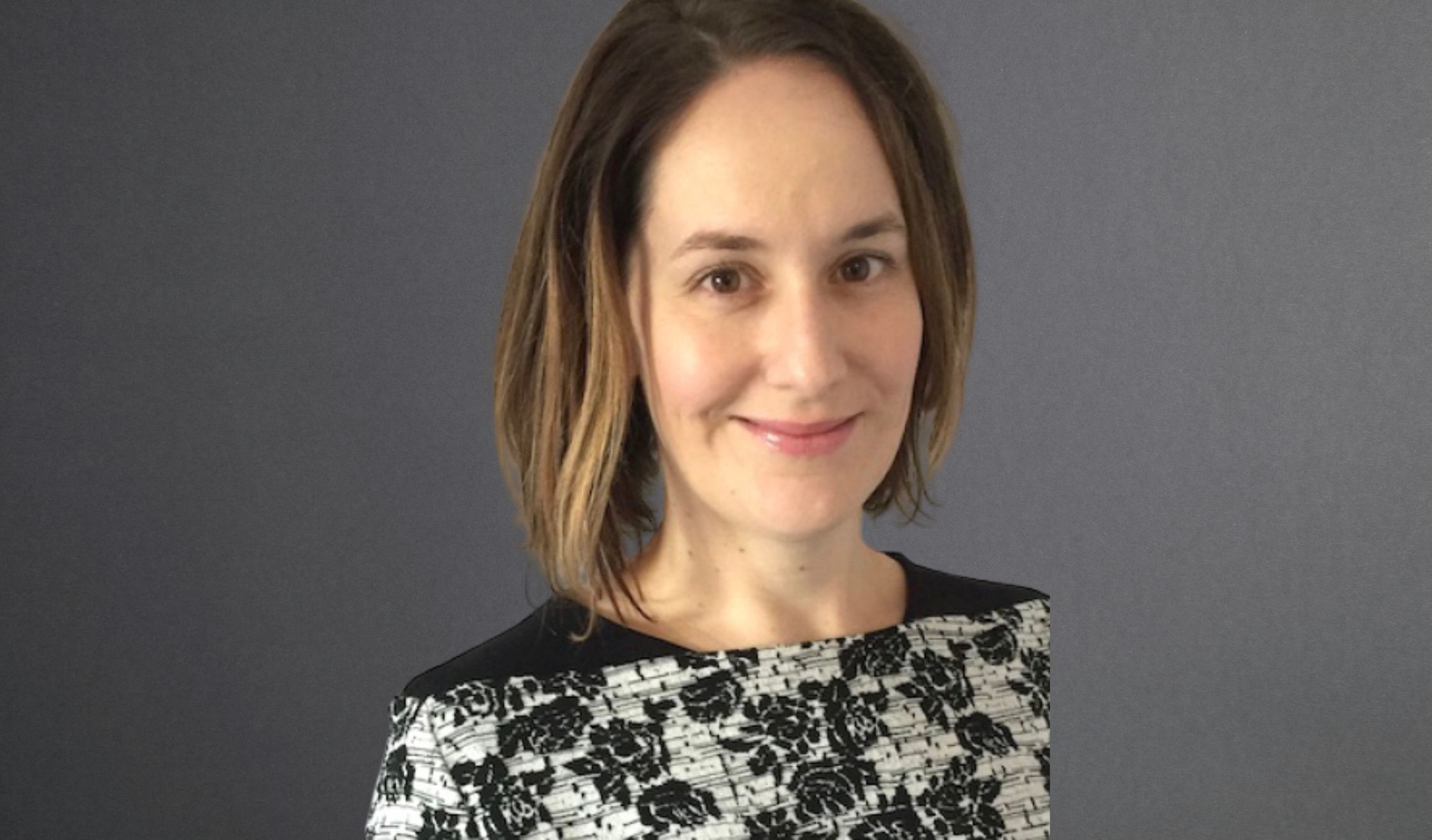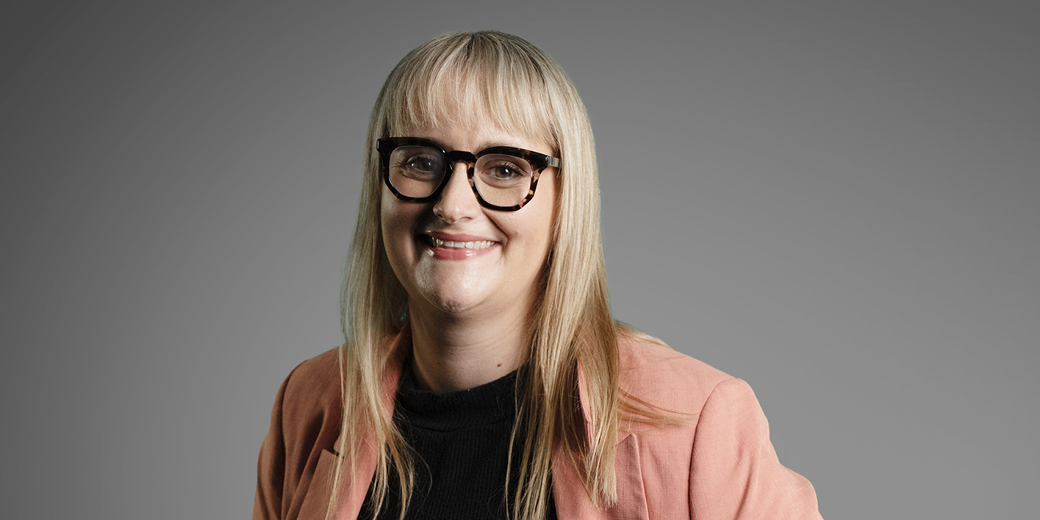While divorce and separation are difficult for any child, for children with neurodivergent needs, these transitions can present their own set of challenges. This issue demands a nuanced approach that acknowledges their unique needs. We sat down with Kathryn Schuck, Principal of Inclusive Family Law and Mediation, to delve into effective strategies family lawyers can employ to advocate for these children and navigate the complexities of custody agreements.
Navigating neurodivergence in family law
“Family lawyers who do not understand neurodiversity and neurodivergence will face significant challenges working with clients who have neurodivergent children,” Kathryn says.
“Family lawyers who don’t recognise neurodivergent children may have different strengths and challenges to neurotypical children may overlook taking instructions about relevant issues including a child’s circumstances, supports and needs. These instructions are crucial in understanding the needs of the neurodivergent child and how they can be supported in any parenting arrangement.”
For example, many lawyers draft arrangements for children as a sibling group. This can cause issues, as Kathryn noted, as drafting for a sibling group needs to consider whether the arrangement meets each child's individual needs.
“This can result in an arrangement where a neurodivergent child is unsupported, and may cause distress to the child and conflict between separated parents,” Kathryn says. “I regularly see parents with different views and understanding of their child’s needs. There may be a dispute about whether the child has a diagnosis, whether the child should be assessed and/or how best to support the child.”
"In litigated matters, it's crucial for lawyers to ensure they file evidence that truly informs the court's decision on what's in the child's best interests,” Kathryn says. “A lack of understanding about neurodiversity can lead to potential gaps in evidence being presented."
Lawyers may also find it challenging to identify appropriate referrals.
“There are organisations which provide support and information to assist neurodivergent people as well as parents and carers of neurodivergent children,” Kathryn says.
“General parenting support is available through post-separation parenting programs and parenting courses. Where parents require additional or ongoing assistance, lawyers may suggest individual counselling or family therapy.”
Understanding the needs of neurodivergent children
To better understand the needs of a neurodivergent child, family lawyers may actively seek information from relevant professionals. However, Kathryn advised lawyers to be cautious about having children see multiple experts.
“You should be clear about the purpose of any report being obtained,” Kathryn says. "It's important to remember that therapists, educators, and other professionals who have worked with the child may already have conducted assessments. These assessments often include reports that can be incredibly valuable in understanding the child's unique needs and the specific supports and accommodations they might require."
“As a family lawyer, it’s important to see that the treating professional’s role is to support the child. It is not the role of a treating professional to determine parenting arrangements. Treating practitioners can provide information to assist the parents or the Court in making a decision that is in the best interests of the child.”
Treating practitioners may be able to provide strategies to assist the child to adjust to a new parenting arrangement.
“For example, if a child will be spending supervised time with a parent at a contact centre, a treating practitioner may be able to create a social story for that child about the contact centre process or provide advice about what can be done to ensure the child is well supported throughout the process,” Kathryn explains.
“Where an Independent Children’s Lawyer (“ICL”) is involved, family lawyers should work collaboratively with the ICL. Lawyers should ensure the ICL has all relevant information so that the ICL may liaise with treating practitioners as appropriate.”
Meet ‘B.I.F.F’: Strategies to minimise stress for neurodivergent children
A focus on the child's wellbeing should be paramount throughout. Kathryn recommends that lawyers guide their clients towards child-centered arrangements during negotiations. Collaboration is key, she advised, urging lawyers to avoid tactics that inflame disputes. To navigate disagreements effectively, especially when dealing with families with neurodivergent children, lawyers should encourage clients to utilise Family Dispute Resolution with a practitioner specialising in such cases.
“I often refer parties, and sometimes lawyers, to Bill Eddy’s B.I.F.F. method,” Kathryn says. “This refers to communication that is brief, informative, friendly, and firm.”
“This helps parents communicate in a business-like manner, aiming to reduce conflict and minimise the stress for all involved. We know how harmful ongoing inter-parental conflict is for children. Clients should be informed and supported to make child-focused decisions.”
ICLs can provide children with an opportunity to express a view and can assist in explaining the Court process to children.
“ICLs who meet a neurodivergent child should consider the individual needs of the child and what, if any, adjustments need to be made to their usual processes to ensure the child is supported in their meeting,” Kathryn says.
Kathryn emphasises the importance of evaluating proposed parenting arrangements for neurodivergent children through the lens of consistency, predictability, and routine. These factors, she argued, are crucial for a child's wellbeing.
Long-term considerations in parenting arrangements
For a successful long-term, parenting arrangement, it’s worth considering what support both parents and children need.
“We know progress for neurodivergent children is not always linear; their needs and interests are likely to change over time,” Kathryn says. “Although lawyers can’t predict the future, they can turn their mind to ages and stages of development, and how these changes might impact upon parenting arrangements.”
“Family lawyers should consider how best to capture any agreement. In some cases, family lawyers are drafting arrangements for extremely young children, whose circumstances will change as they reach various milestones, including starting primary school or high school. A family working cooperatively may be assisted by a Parenting Plan, which is likely to provide more flexibility than a Parenting Order.”
Kathryn also highlights the importance of lawyers educating families on future dispute resolution options. In situations where parenting arrangements are subject to review, Kathryn recommends lawyers strategically plan the timing of any dispute resolution processes.
Clinical child psychologist Dr Ross Greene has a saying that, “Kids do well if they can”.
“I believe it is helpful to think of whether arrangements are in place to help children ‘do well’. As family lawyers, we should turn our minds to what children need in order to ‘do well’ as they grow up living with the arrangements we draft,” Kathryn says.
“Lawyers should consider how parents will communicate with each other and with treating practitioners as they support the child throughout their childhood. If there is an agreed method of parental communication, the method should be accessible to parents on an ongoing basis.”
Prioritising wellbeing as a family lawyer
“Regardless of the neurotype of the children we are working with, all lawyers need to look after themselves and prioritise their health,” Kathryn says. “As family lawyers, we do hard and important work. Vicarious trauma is a significant issue facing us all on a daily basis.”
“ICLs, who are required to be fierce advocates for the best interests of the child, can be particularly impacted by the work that they do. As an ICL, I recognise that I am a far better advocate when I am looking after myself and prioritising my wellbeing.”
Lawyers are encouraged to seek support if experiencing distress or needing additional resources. Support is available through law societies, private psychologists, and organisations like Support for Lawyers, which connects lawyers with counsellors and psychologists across Australia.
“Some advice I have found helpful is to find something you love doing and schedule it in your diary,” Kathryn says. “Treat it as an appointment you need to show up to. I recently started swimming, after a break of about 10 years, and I am loving it. I find that half an hour in the pool does wonders to clear my head after an exhausting day.”















































![How to handle Direct Speech after Gan v Xie [2023] NSWCA 163](https://images4.cmp.optimizely.com/assets/Lawyer+Up+direct+speech+in+drafting+NSW+legislation+OCT232.jpg/Zz1hNDU4YzQyMjQzNzkxMWVmYjFlNGY2ODk3ZWMxNzE0Mw==)

































